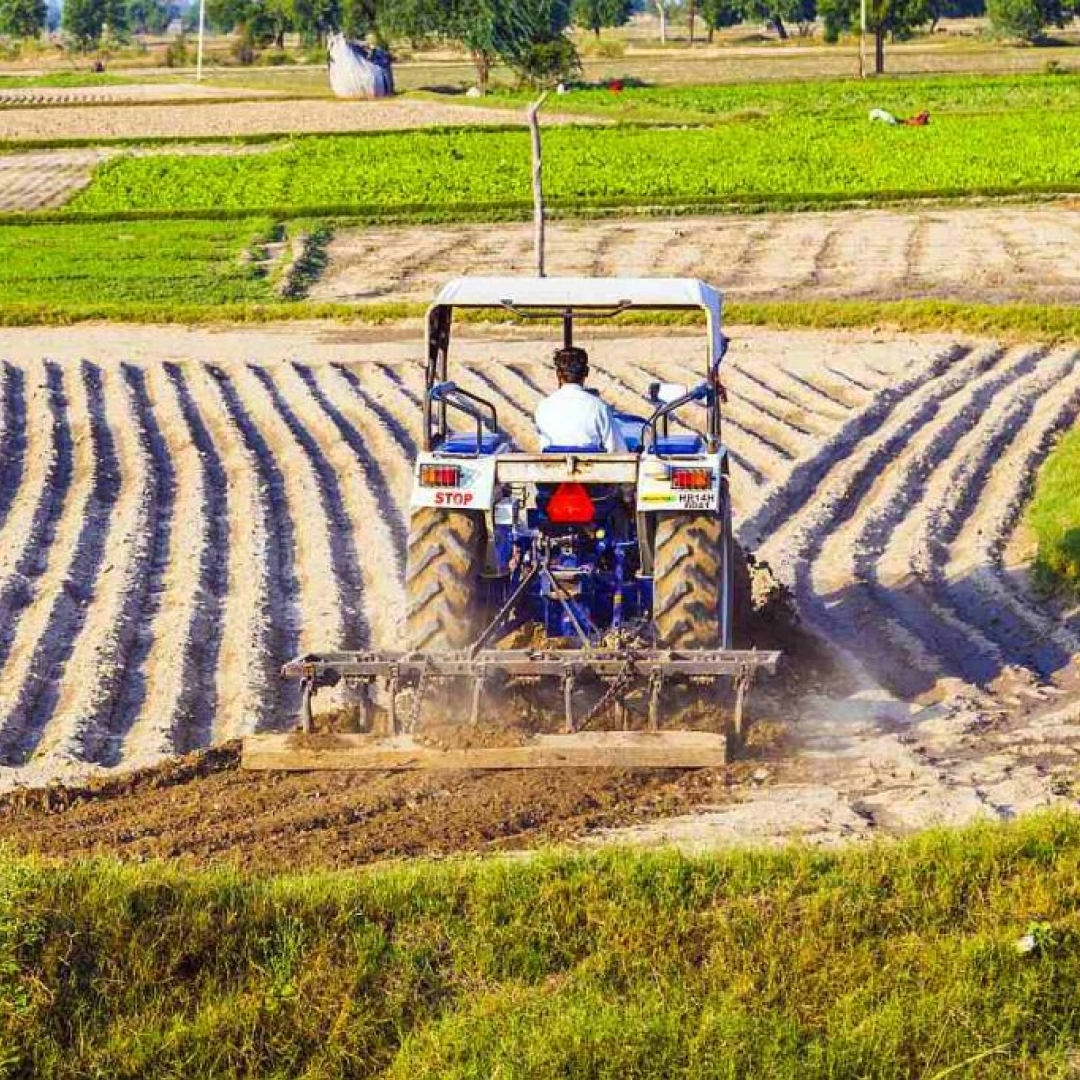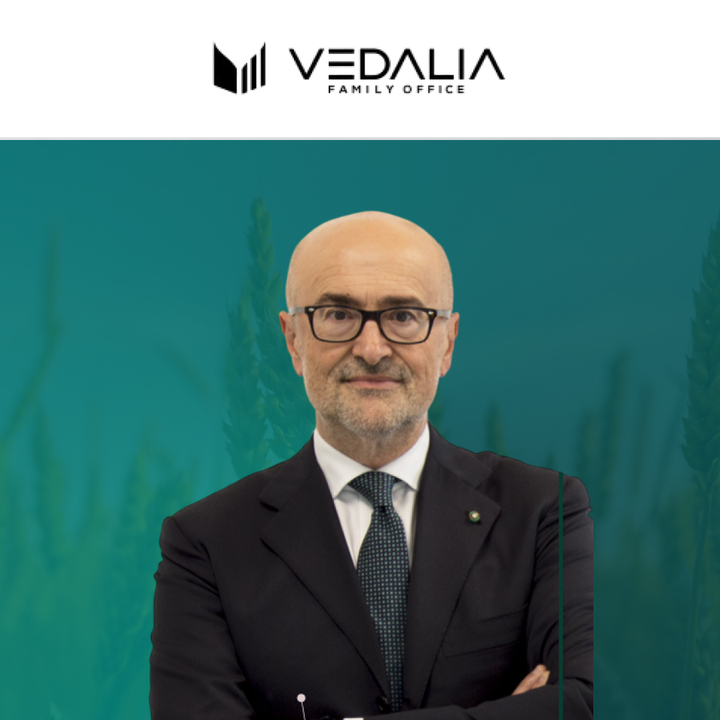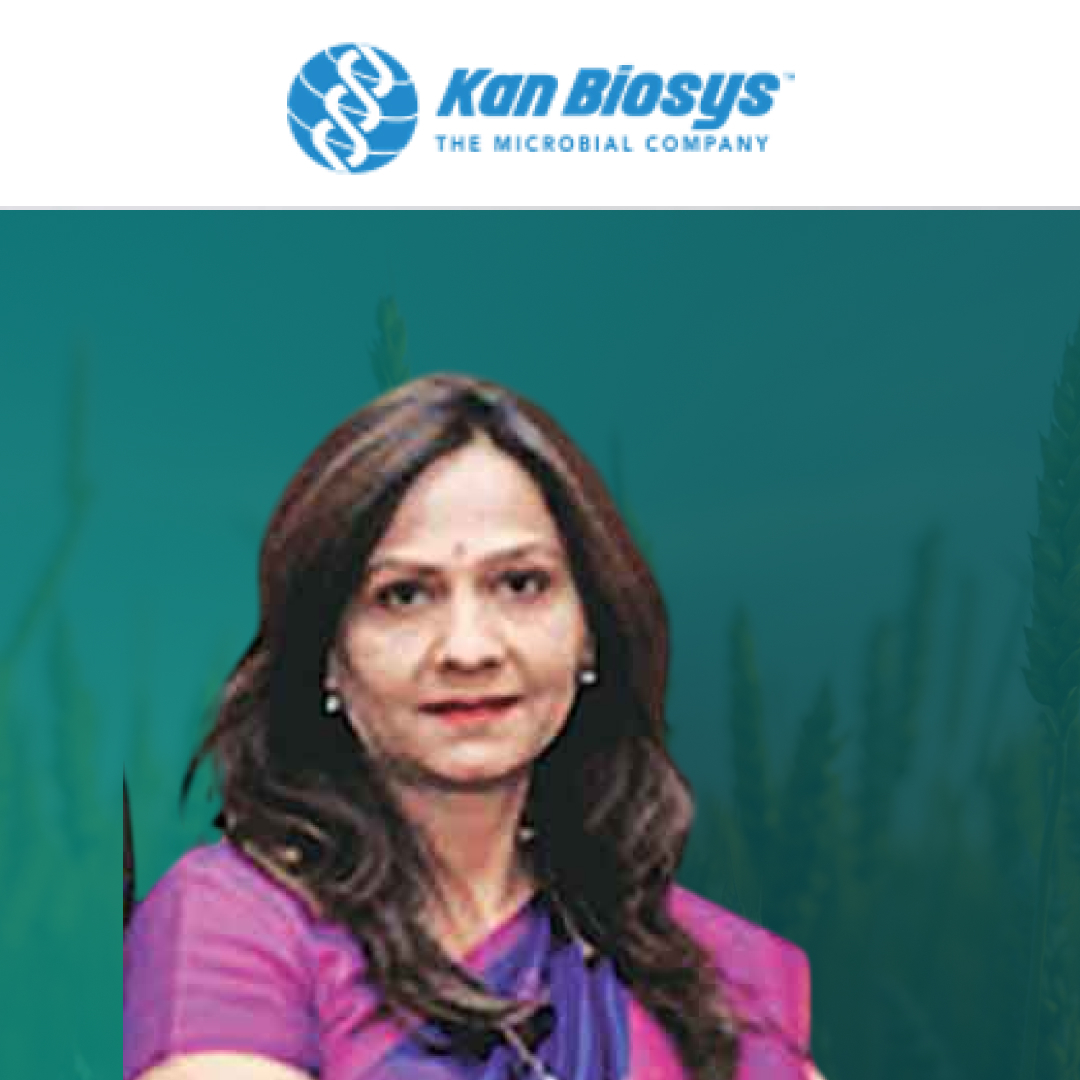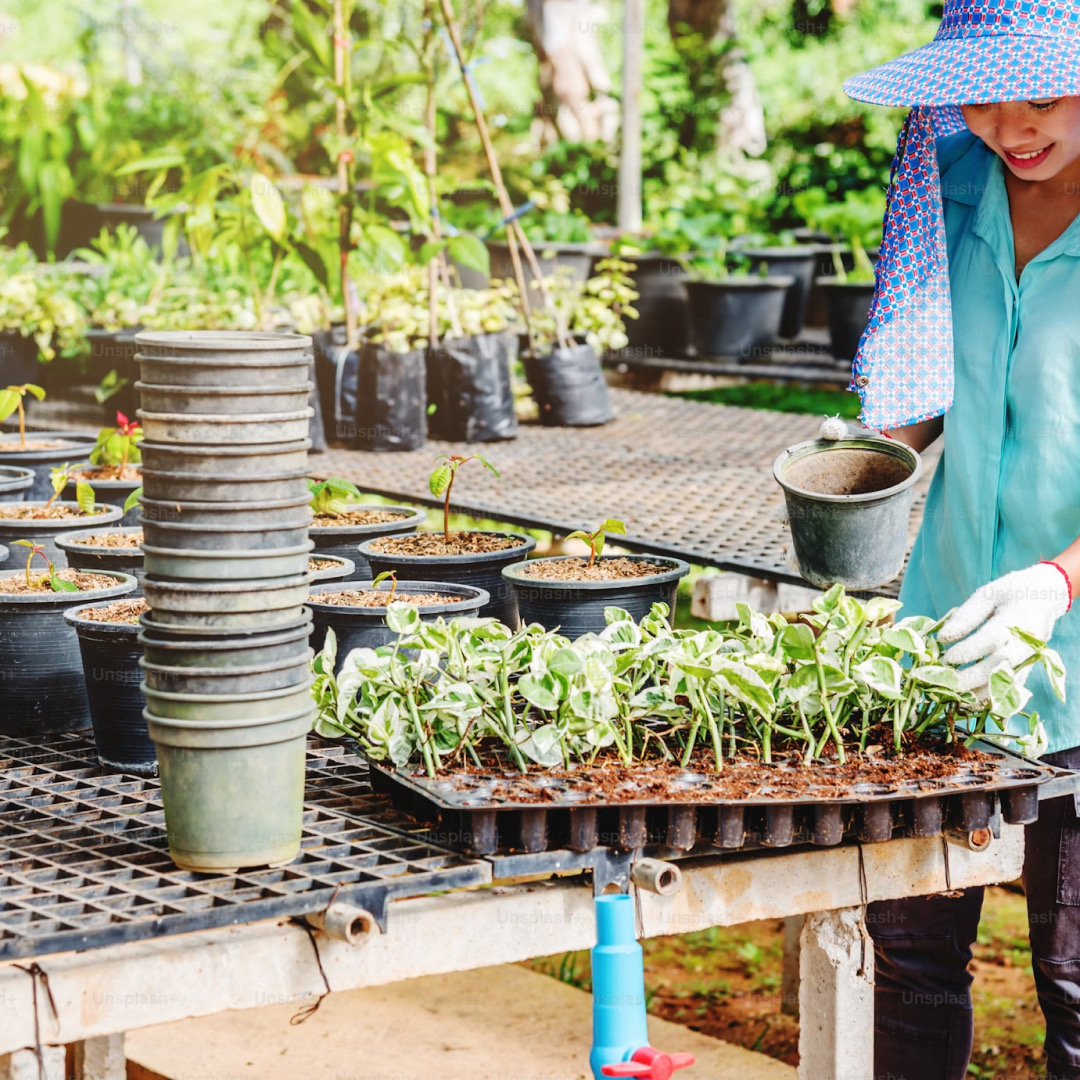
Q1: How do you see India’s government policies influencing the adoption of BioAgTech among farmers, especially smallholders?
Sustainable agriculture embraces a wide range of techniques referred to as BioAg that mimic natural ecological processes including organic, biologicals and biodynamic with no synthetic fertilizers or agricultural chemicals. Growing awareness about the benefits of BioAg inputs represents one of the key factors driving the Indian market. But there is a need to address the myths about lower crop yields and explain science-based realities with increased efficiency of sustainable farmland, making it as productive as conventionally farmed land.
BioAg inputs derived from natural materials are increasingly becoming an integral part of modern farming practices to establish sustainable farming. Globally, the demand is for greener and safer crop production and protection technologies. The regulatory agencies in the country have become more involved, through product approvals and regulatory changes to increase market penetration. The major strategies adopted by public and private industry participants include investment in research and development and targeting emerging economies for their next growth opportunity. The number of product approvals and investments in bio-ingredients are growing rapidly, which is expected to result in intense market competition in the future.
Q2: How does participation in the BAW Congress align with your institution’s strategic vision for agricultural innovation?
Efforts are needed to develop high-performance bio-agriculture products, to promote the adoption of sustainable farming. Rising prices of synthetic inputs are projected to remain a key factor in boosting the consumption of agricultural biologicals in the coming years. The Indian Biologicals market is expanding driven by innovations and technological advancements, consumer demand for safe and sustainable food and government regulations promoting sustainable farming methods. In turn, farmers are focusing on bio-agriculture due to the reduced health risks resulting from the use of non-toxic substances, which is strengthening the growth of the market.
The Indian Council of Agricultural Research (ICAR) recognized the importance of bio-agriculture, started All Indian Network Project on Soil Biodiversity-Biofertilizers at Bhopal and AICRP on Biological Control of Pests at Bengaluru. The concerted research efforts have led to development of large number of biofertilizers and biologicals for different regions. At present, there are about 20 microorganisms registered as biopesticides and more than 970 biopesticide products with regulatory body Central Insecticide Board and Registration Committee (CIB & RC). ICAR research institutes have commercialized 41 biofertilizers, 31 biopesticides and 39 biocontrol agents.
But emphasis is needed on collection, conservation, cataloguing and characterizing the beneficial faunas and identifying efficient biofertilizers for developing biocontrol-based technologies for different agro-ecological regions, for adoption by the farmers across the country. It is an opportune platform where BAW Congress aims to connect Indian farmers with world-class innovations, innovators and industry stakeholders in BioAg. It is a unique opportunity for showcasing BioAg innovations, research and technological advancements from ICAR and host institutions to the world and seek collaborations to expand into new markets and areas of work.
Q3: What role do you envision for ICAR in fostering global collaborations to address the challenges of sustainable agriculture?
The country has been classified into 128 agro-climatic zones based on land use, soil type, irrigation and amount of rainfall received among other factors. To address the problems and capitalize on the prospects of each zone, ICAR conducts location and region-specific research and technology generation. ICAR technologies have significantly contributed to the country’s food basket in the past, mitigating deficiencies and continuing to promote food self-sufficiency sustainably.
In the context of emerging challenges, the Council is committed to meeting the changing needs of all the stakeholders including farmers, students, industry, entrepreneurs and consumers at large. Many other countries share similar agro-climatic diversity; therefore, ICAR technologies can be shared to benefit them. Besides, training programs organized by the Council can be customized for the needs of the farmers, students, scientists and other stakeholders from other countries. So far, ICAR has signed 61 MOUs with various countries/organizations to advance collaborative research.
Regarding the BioAg Industry and BAW Congress & Expo:
The BAW Congress & Expo is an excellent opportunity to bring together diverse stakeholders—government, research, industry and farmers—to explore practical solutions and research-driven approaches in the BioAg sector. With its global scale and Indian spotlight in 2025, the event plays a crucial role in helping align innovation, policy and adoption for building a sustainable agricultural future.







Leave a Reply